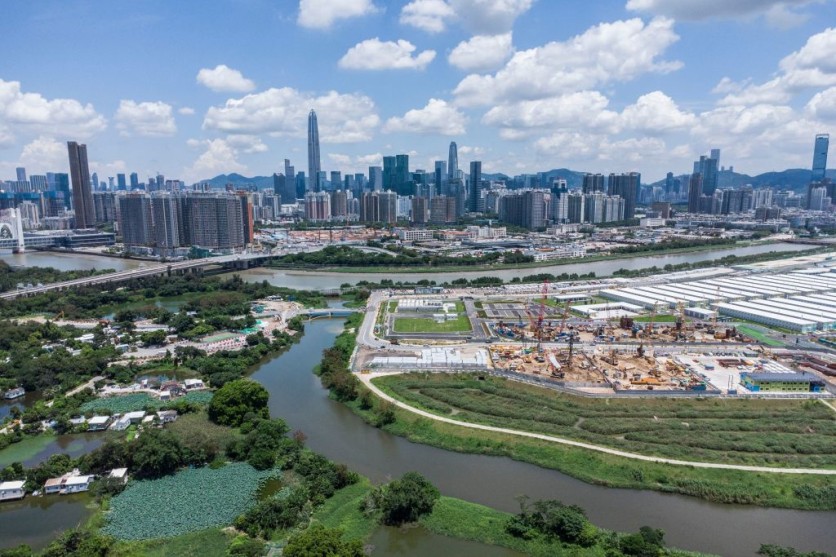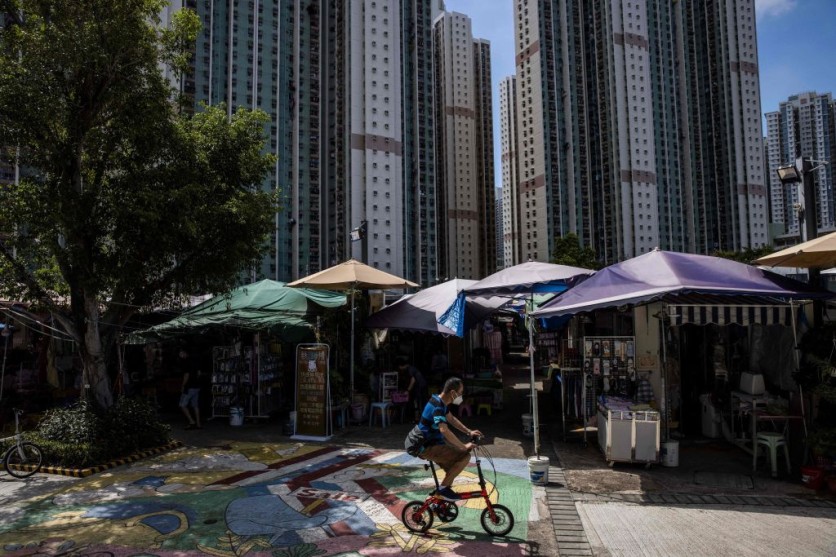Shenzhen, which is stepping up efforts to grow its high-tech sector, has published the nation's first local regulation to promote the advancement of artificial intelligence (AI), according to a South China Morning Post report.
The move comes after the US has restricted the export of AI chips to China, citing concerns that it might be used for military objectives.

New Regulation To Boost AI
The new regulation goes into effect in November. It aims to advance the AI industry by pushing governmental organizations to be the forerunners in implementing related technology and increasing financial support for AI research in the city.
The Shenzhen government will establish guidelines for public data sharing and make certain types of data available to organizations and businesses involved in the sector.
According to the Shenzhen Artificial Intelligence Industry Association, the city is home to over 1,300 AI-related businesses. The recent regulation could help China achieve its goal of becoming an AI powerhouse.
As long as they adhere to international standards, the new legislation permits Shenzhen-based AI services and products that are assessed to be low risk to go through testing and trials even in the absence of local and national norms.
What constitutes low-, medium-, and high-risk technologies will be specified by the government.

AI Ethics Council
The law also calls for the government's establishment of an AI ethics council, which will develop safety standards and examine how the technology will affect things like employment, data protection, and other societal concerns.
The final regulation, which has more than 7,500 characters, is shorter than the draft version unveiled in June and had certain proposals that have since been dropped, according to SMCP.
A fast-track review method to approve the testing of medical AI products was one suggestion that was dropped from the proposal. The current regulation encourages medical facilities to use AI tools for auxiliary decision-making, medical data mining, image and data processing, and other tasks.
Related Article : Shenzhen's Subsidy Program to Boost Consumption, Excludes Apple, Samsung, and Xiaomi on the List
This article is owned by Tech Times
Written by Joaquin Victor Tacla
ⓒ 2025 TECHTIMES.com All rights reserved. Do not reproduce without permission.




